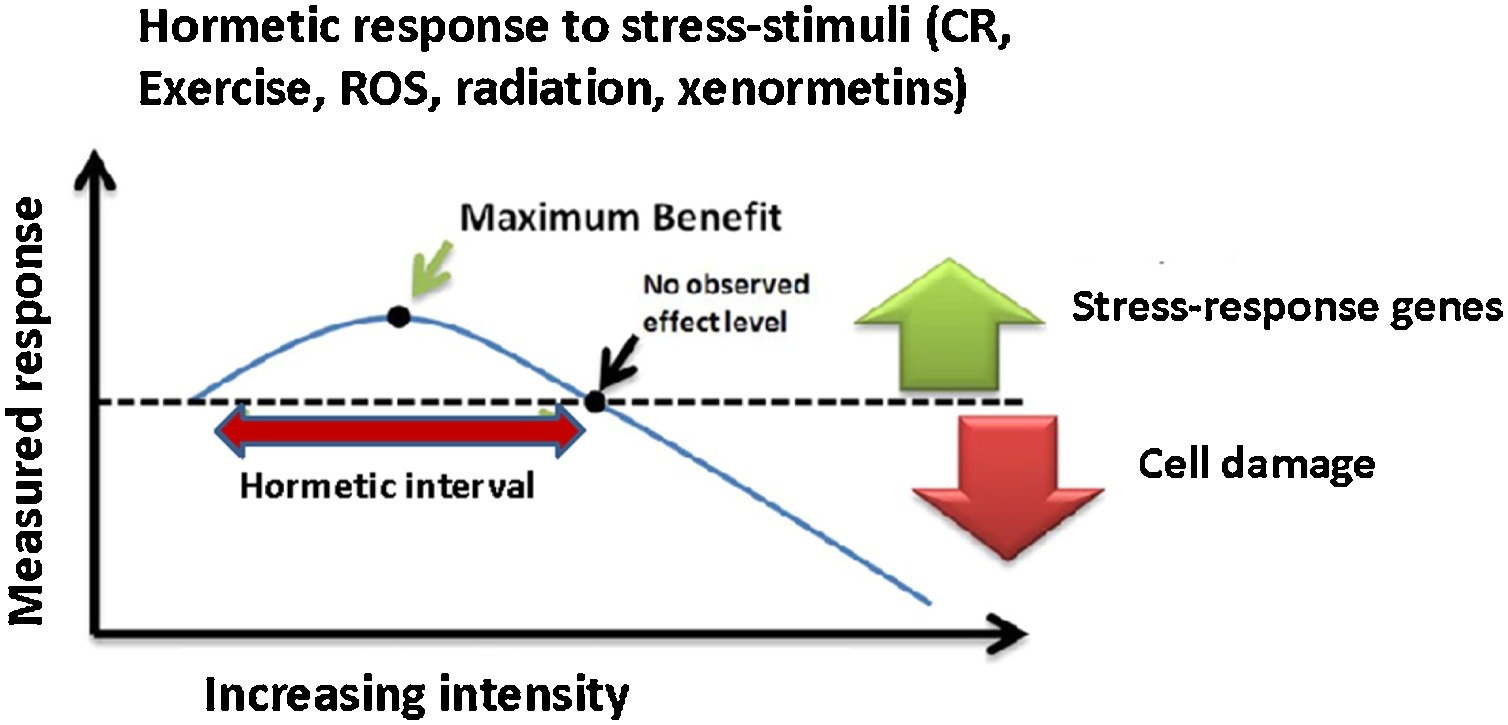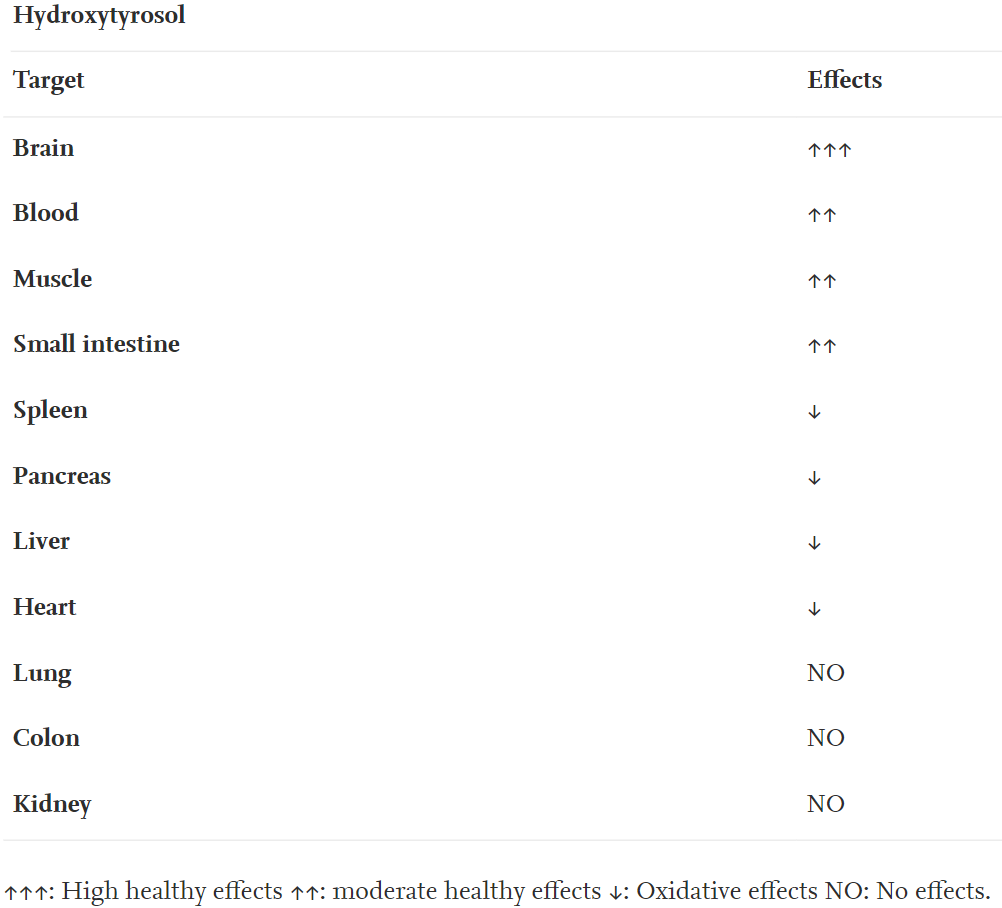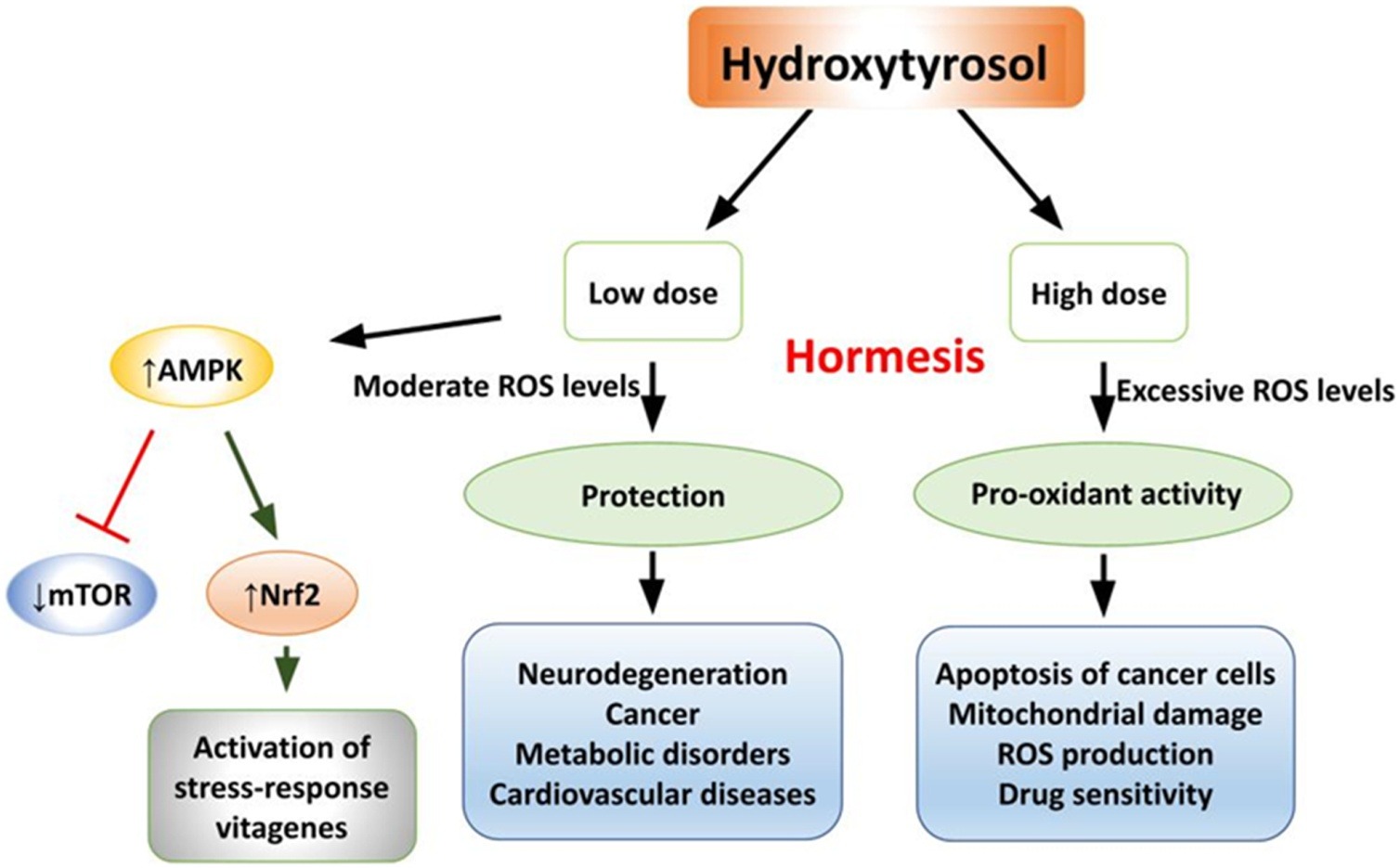New Study Reveals Benefits of Olive Oil Polyphenols Related to Anti-Aging.
A new study was published on the Mechanisms of Ageing and Development Journal on January 13th 2022, which studied the connection between olive oil polyphenols and anti-aging mechanisms. Specifically, olive oil polyphenols, like hydroxytyrosol, at low concentrations, enable a neuroprotective cascade to preserve brain health and provide new ways to promote anti-aging and protection against cognitive disorders.
Aging-Based Pathologies are Related to Biological and Social Factors.
Metabolic diseases, cancer, cardiovascular disease and neurodegenerative conditions such as Parkinson’s and Alzheimer’s diseases, share some common features related to aging. Such features include:
- Change within homeostatic systems.
- Impaired control of anti-inflammatory response.
- Biochemical modifications.
These features are the result of a plethora of gero-promoter factors that include:
- Excess food,
- Sedentarism,
- Insulin imbalances,
- Imbalances related to growth factors and cytokines (signaling proteins).
It is evident that age-related conditions are fueled by both biological and lifestyle/social-based factors. Therefore, promoting an anti-aging lifestyle can be complicated.
Thankfully, nutrition, and specifically olive oil polyphenols are known to promote positive anti-aging results. Multiple benefits have been associated to the ability of polyphenols to control cell signaling pathways, to modulate the activity of transcription factors, and to finally affect gene expression.
Polyphenols as an Inter-Species Stress Response Aid
From a biological perspective, stress could be perceived as the presence of factors that threaten homeostasis on a cellular level. Such factors can be both internal and environmental. Hormesis is the process during which cells and complex organisms adapt to stressors in a way that homeostasis is not threatened. Low concentrations of stressors can increase an organism’s resistance to numerous other stressors. However, high concentrations of stressors can inhibit homeostasis and cause cell damage.

As a result, a wide variety of stressors (e.g., exercise, restricted caloric intake, etc.) in low concentrations can protect us against damage caused by exposure to toxins or to other harmful insults.
Hormesis is observed in possibly all living beings, from bacteria to plants and humans. What seems to be exceptionally interesting, is that organisms have evolved the ability to detect and to respond to stress markers elaborated by other organisms living in the same habitat. This phenomenon is known as xenohormesis (i.e., foreign-hormesis).
Olive oil polyphenols are synthesized by olive trees as a result of exposure to stress, specifically adverse environmental conditions. Upon consuming polyphenol rich olive oil, polyphenols can modify the consumer’s inner environment and upregulate stress-activated pathways, specifically by activating genes that are key players in the cellular response to oxidative stress, anti-cancer response, and the inflammatory cascade. This mechanism goes far beyond the intrinsic antioxidant properties of biophenols.
Hydroxytyrosol: A New Perspective Based on Xenohormesis
At low concentrations, hydroxytyrosol provides antioxidant, anti-inflammatory, anti-aging, and anti-proliferative effects. Additionally, it is important to note that hydroxytyrosol activates the Nrf2 pathway, which in turn induces upregulation of vitagenes that preserve brain health during neurodegenerative disorders. It would not be extreme to consider hydroxytyrosol a health bomb.
Positive effects have been observed in a plethora of concentrations, all the way from 80mg/day to over 1000mg/day. However, as the hormesis theory suggests, increased concentrations could lead to the opposite effects, specifically oxidative effects. The study has segmented hydroxytyrosol effects per tissue on the following table;

Finally, the general effects generated by low and high hydroxytyrosol doses is depicted in the diagram below:

Results: Olive Oil Polyphenols Promote Anti-Aging Through the Hormesis Approach
- The analysis provides substantial evidence that support olive polyphenol epidemiological findings related to anti-aging and overall healthy effects.
- The activation of AMPK pathway by olive polyphenols plays an anti-inflammatory role leading to the Inhibition of the mTOR pathway and promoting lifespan.
- Benefits are dependent on the dose response approach provided by the hormesis theory, in which low concentrations can increase resilience but high concentrations can cause damaging effects.
Conclusion: Editor’s Note
Polyphenol-rich olive oil is a significant source of hydroxytyrosol and other olive oil polyphenols, the consumption of which can help maintain a long lifespan, through numerous mechanisms, described by the hormesis theory.
Various beneficial effects of hydroxytyrosol have been observed in a wide range of concentrations, from 80 mg/day to over 1000 mg/day. However, it is still unclear beyond which threshold polyphenols as stress markers can inhibit resilience rather than support it.

Athanasios Demeslis
Olive Farmer / Olive Oil Producer / Editor on Myrolion.com
This article was prepared by Athanasios for Myrolion’s readers after studying the official research paper. For more details or to contact the conductors of the study, please follow the first link of the article.

